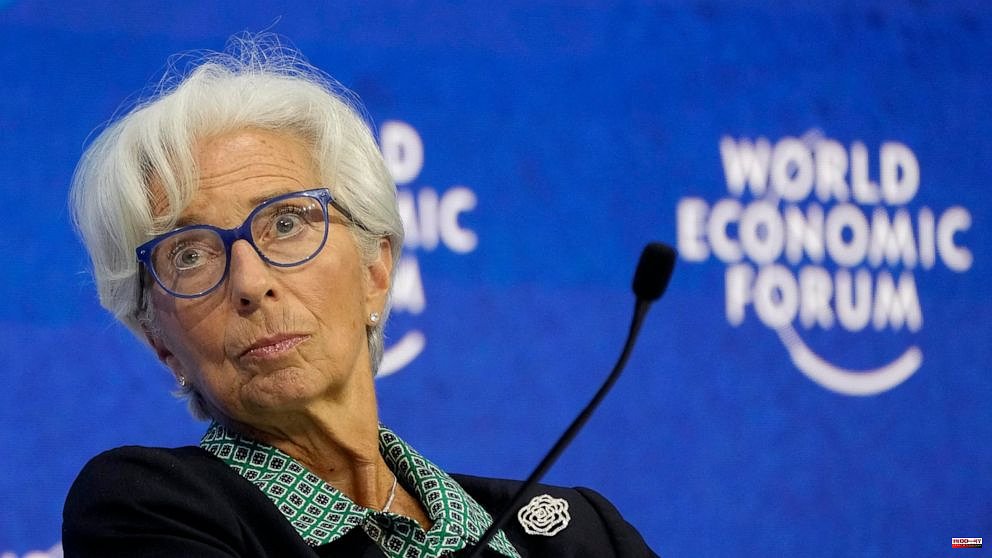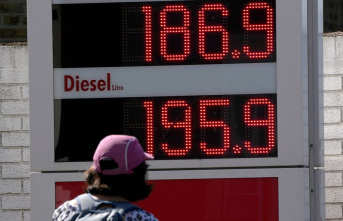AMSTERDAM -- Thursday's announcement by the European Central Bank indicated that it will raise its interest rates in July and September. This is to catch up with other central banks around the world in shifting from supporting the economy during the pandemic, to controlling soaring inflation.
Two quarter-point increases were announced by the bank after its 25-member monetary council met in Amsterdam. They stated that inflation was a major challenge and that these forces had "broadened" and "intensified" in the 19 euro-zone countries. It will also end its economic stimulus program.
This move highlights concerns about the annual rate of consumer price rises, which reached 8.1% in May. It is the highest level since 1997, when statistics began. The bank has set a target of 2%.
The ECB held out the possibility that it would make a more drastic, half-percentage-point increase in September rather than the more usual quarter-point adjustment, saying that if the inflation outlook persists or deteriorates, "a larger increment will be appropriate at the September meeting."
The U.S. Federal Reserve increased its key rate by half a point May 4, and remains open to the possibility of large increases. Since December, the Bank of England approved four hikes.
Stock markets are shaking from the prospect of central bank rate rises. Higher rates would increase returns on safer alternatives to stocks, but this could cause stock market panic. The weakening prospects of economic growth in Europe makes raising rates difficult. This is due to Russia's invasion of Ukraine, which has sent shock waves through the global economy.
Businesses can find credit at higher rates more costly if they have to pay higher interest rates. However, the bank stated that increases would be gradual but consistent.
The markets are waiting for more information from Christine Lagarde, bank president, at her post-meeting conference. As one of its occasional gatherings, the meeting was held in Amsterdam.
The bank stated in its policy statement that high inflation was a significant challenge for everyone. "The governing board will ensure that inflation returns to the 2% target in the medium-term."
Inflation is usually controlled by raising rates. The central bank can raise its benchmarks to influence the rates that financial institutions, businesses, consumers, and governments must pay in order to borrow the money they require. Higher rates can cool an overheated economy.
Higher rates can impact growth. The ECB must strike a delicate balance between reducing inflation and boosting economic activity.
The ECB reduced its growth projections for this year from 3.7% to 2.8% on Thursday.
The bank raised its inflation outlook by predicting that prices will rise on average 6.8% in 2019. This is higher than the 5.1% forecasted in March's outlook. Meanwhile, the critical forecast for 2024 was increased to 2.1% from 1.9%. This is important because it shows that the bank views inflation as higher than target for many years. It makes a strong case for further rate increases.
Concerns have been raised about the potential impact of higher interest rates on highly indebted countries, including Italy, following an ECB attack on inflation.
Rate hikes will end a long period of low rates, which began in 2009 during the global financial crisis. These rate increases would begin at record lows of zero on banks' lending rates and minus 0.5% for overnight deposits.












